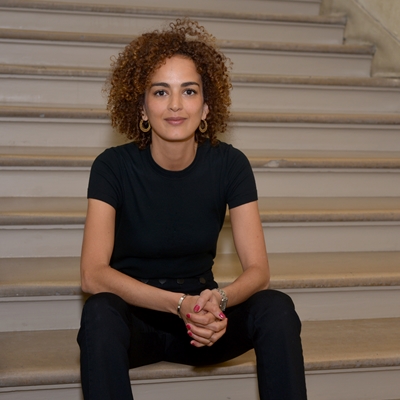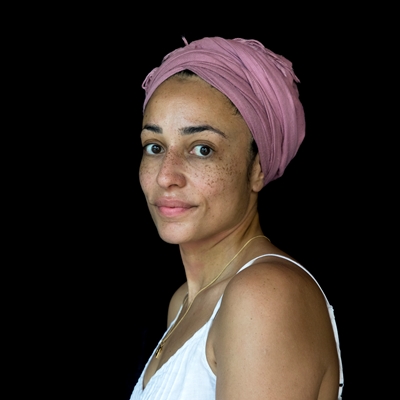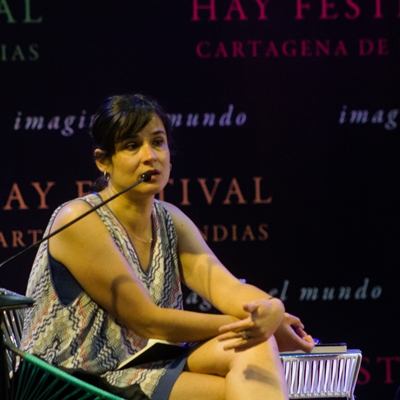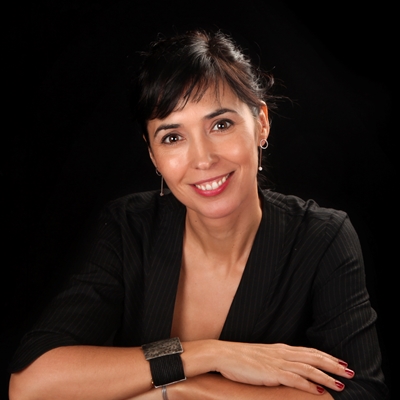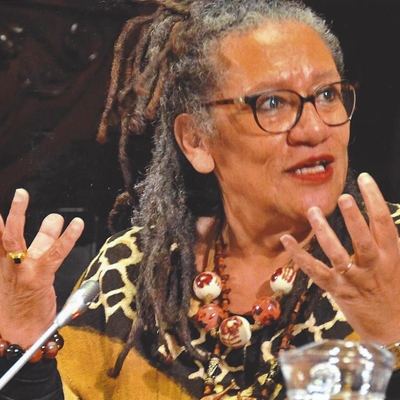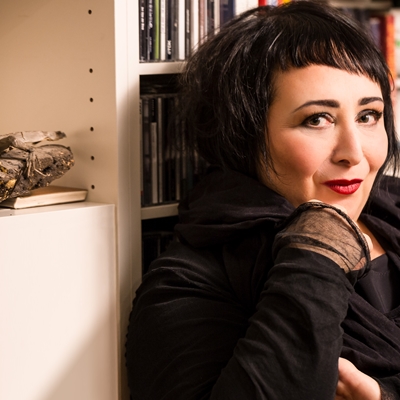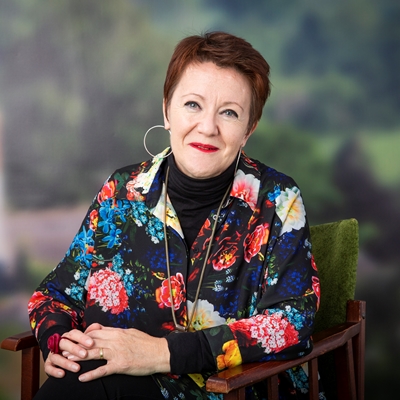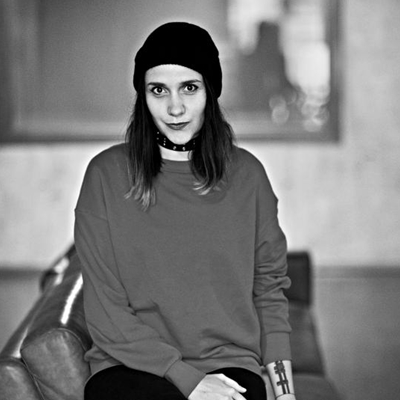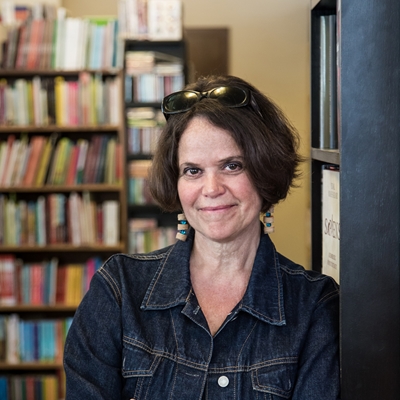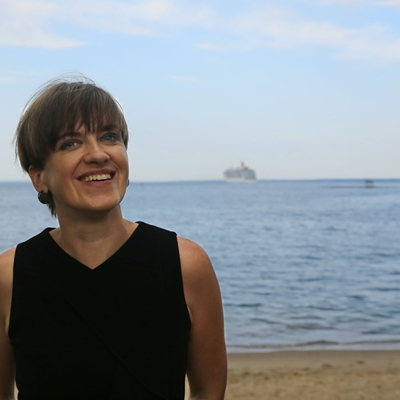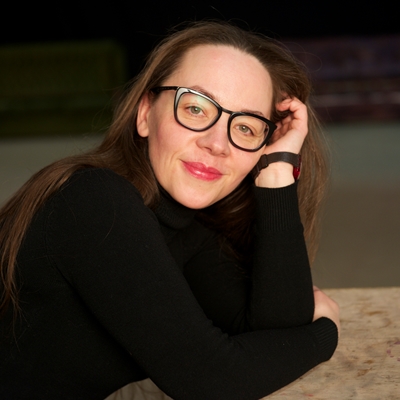Europa28
Event 13
Slovak film-maker Tereza Nvotová reads extracts from her piece Ride in the Europa28 anthology and shares her thoughts on how Europe has changed on account of the pandemic. The Covid-19 crisis has revealed an increase in the often hidden issues of domestic violence, discrimination and nationalistic tendencies. Nvotova reflects on how persistence, the topic of her contribution, is the key to moving forward.
With Croatian subtitles
Event 14
Leïla Slimani talks to Philippe Sands
Hay Festival Classics from our archive 2
Venue: RIJEKA DIGITAL STAGE
Hay Festival Classics is a series of unforgettable events from Hay Festivals around the world, with outstanding guests on the international scene. Here we show Leïla Slimani, one of Europa28 writers and the first Moroccan woman to win France’s most prestigious literary prize, the Prix Goncourt, which she won for the shocking thriller and global best-seller, Lullaby. She is a journalist and frequent commentator on women’s and human rights. She discusses her work and her new novel Adèle with the Anglo-French author of East West Street, winner of the Baillie Gifford Prize, Philippe Sands.
With Croatian subtitles
Event 15
Zadie Smith talks to Carolina Sanín
Hay Festival Classics from our archive 3
Venue: RIJEKA DIGITAL STAGE
Hay Festival Classics is a series of unforgettable events from Hay Festivals around the world, with outstanding guests on the international scene. With a fresh perspective, we present conversations that stand the test of time. The writer Zadie Smith (UK) made her debut in 2000 with White Teeth, captivating readers around the world. With another three published novels, a collection of short stories and three books of essays, her work consistently tackles race, social inequality, and the transcendence of friendship ties. At Hay Cartagena in 2019, Zadie Smith talked to journalist and writer Carolina Sanín about Feel Free, a book that combines autobiographical elements with commentary on the culture that absorbs us, and allows us to see the world through reality and fiction.
With Croatian subtitles
Event 16
Edurne Portela, Gloria Wekker and Julya Rabinowich
Nationalism and populism II
Venue: RIJEKA DIGITAL STAGE
Has Europe progressed beyond the constraints of racism and xenophobia? If not, why not? Edurne Portela, Spanish historian, philologist, university lecturer, essayist and novelist, Dutch Afro-Surinamese professor, writer and anthropologist Gloria Wekker and Austrian author, playwright, painter and translator Julya Rabinowich discuss inclusion and exclusion in Europe, and the social and political structures on which they are built. Chaired by Rosie Goldsmith.
With Croatian subtitles
Event 17
Screening: 'Czech Journal – The Limits of Work' by Apolena Rychlíková
Saša Uhlová
Venue: RIJEKA DIGITAL STAGE
Journalist Saša Uhlová spent six months exploring working conditions in the Czech Republic's worst-paid jobs. She spent weeks in a hospital washroom, at a poultry plant, behind a cash register and at a waste sorting facility. Her experience formed the basis of a very personal series of articles about people working in invisible jobs under shocking conditions. Apolena Rychlíková (Czech Republic) has turned these articles into a documentary that consists of scenes shot at Uhlová’s home and of video footage taken at her places of work, accompanied by commentaries on these read by Uhlová.
In Czech with English subtitles
Event 18
Zsófia Bán, Maarja Kangro and Bronka Nowicka
A land of migrants? Reflecting on European experiences of culture
Venue: RIJEKA DIGITAL STAGE
Europe includes 28 countries, each of which comprises a richness of cultures and traditions; Europe has also been, historically, a land of migrations, receiving migrants and seeing large numbers of its people migrating to other regions. How does all this affect culture? The Hungarian author, critic and scholar, Zsófia Bán, Estonian poet, short story writer, librettist and translator Maarja Kangro and the artist Bronka Nowicka (Poland) discuss the way migrants have shaped the cultural evolution of Europe. Chaired by journalist Georgina Godwin.
In English live



